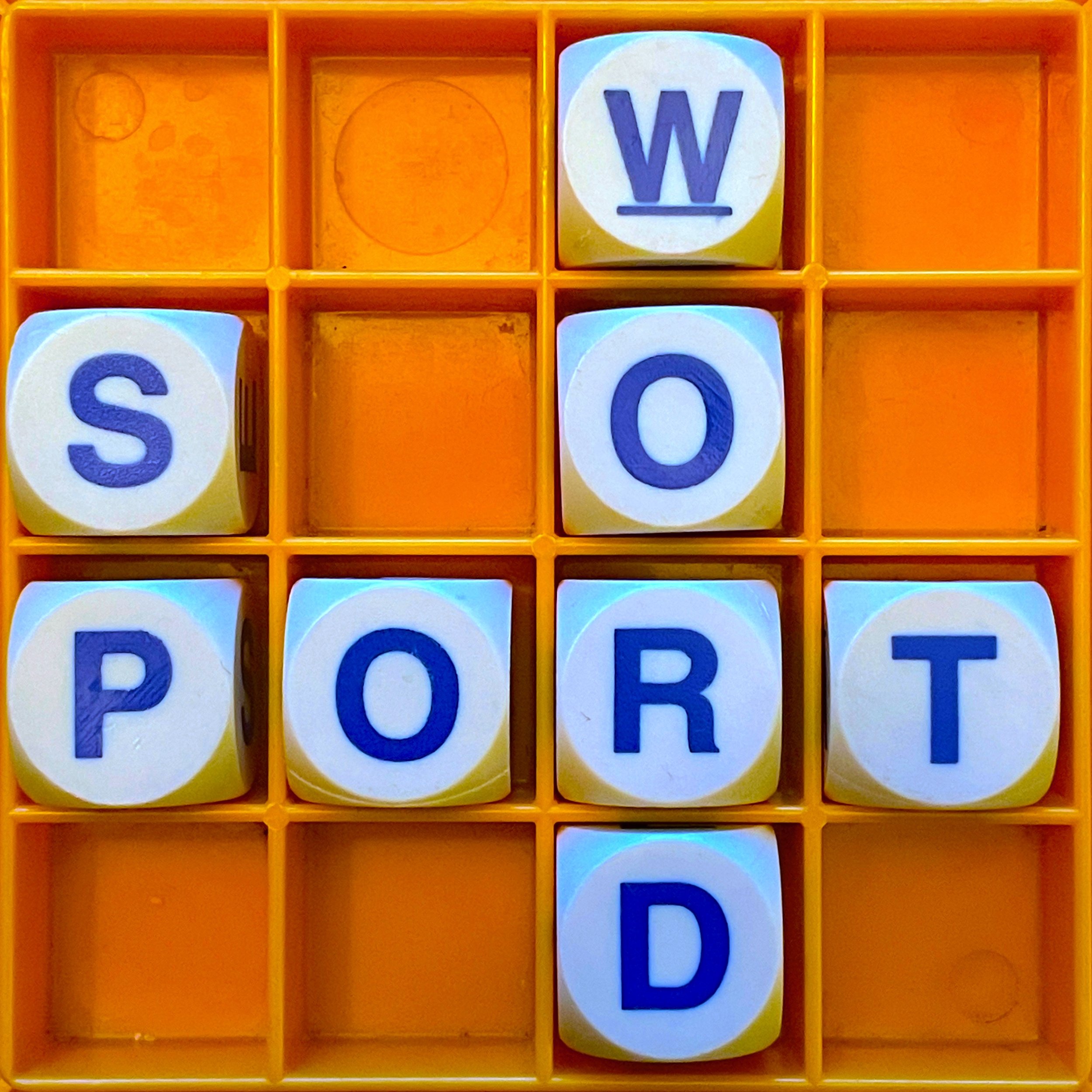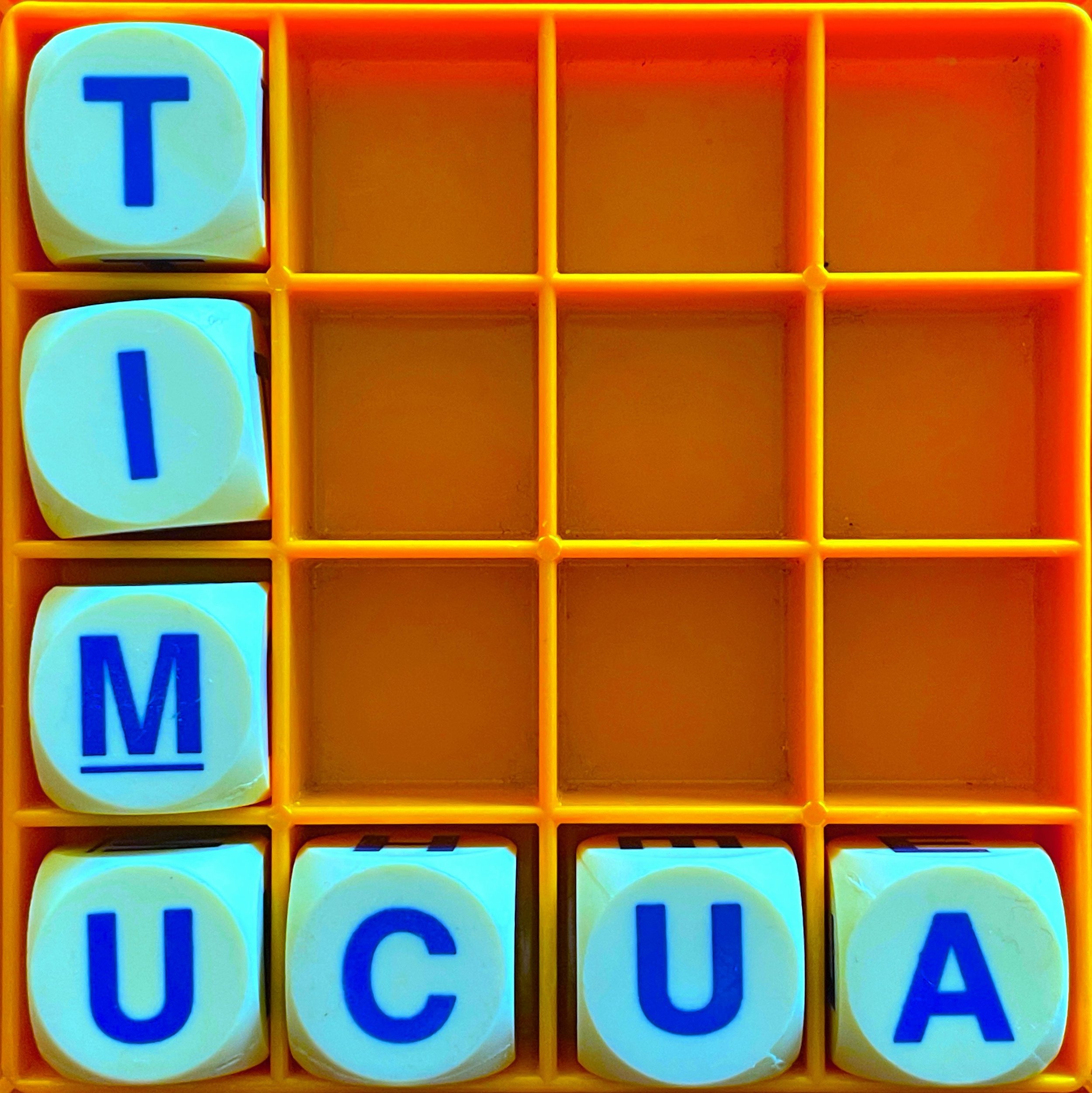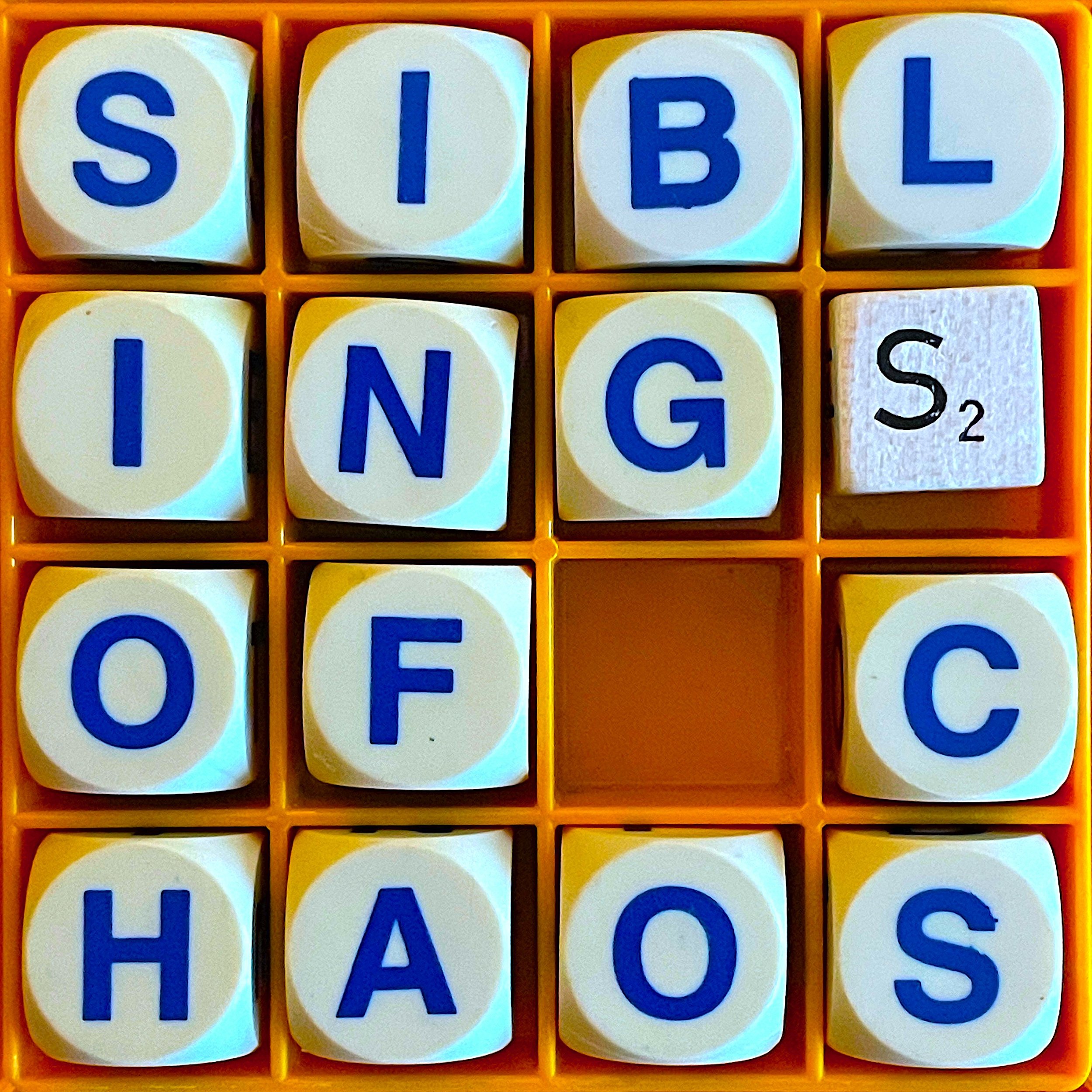Happy tenth birthday to this show! To celebrate, here's every randomly selected word from the dictionary from the first decade of the show.
Read moreAllusionist 201: Singlish
"If you grow up being told that one of your first languages, Singlish, is actually a bad version of an already existing language, you kind of get this sense that “I'm just bad at language,” says Bibek Gurung, a former linguist who grew up in Singapore speaking Singlish with his family and friends, while schools and the government tried to quash it. "Language is a fundamental human skill. And to just have this sense that you're bad at this very fundamental skill really does a number to your self esteem and your abilities to communicate in general."
Read moreAllusionist 198: Queer Arab Glossary
Since 2019, Marwan Kaabour has been collecting Arabic slang words used by and about queer people, first for the online community Takweer, and now the newly published Queer Arab Glossary. "When researching for this book, I discovered so much of the sociopolitical, cultural, linguistic, and historical layers that make up the words," he says. He also discovered quite a lot about frying, white beans and worms (metaphorical ones).
Read moreAllusionist 197. Word Play 7: Word Sport
At the Scripps National Spelling Bee, behind the spectacle of kids vying to be champion spellers, a whole lot of work goes on to make words into this word sport.
Read moreAllusionist 196. Word Play 6: Beeing
I went to the 2024 Scripps National Spelling Bee, to marvel at kids spelling words I had mostly never even heard of. But when you’re at Bee Week, the competitive spelling is merely the tip of the icebee.
Read moreAllusionist 183. Timucua
When Spanish missionaries arrived in what is now called Florida, there were 100,000-200,000 Timucua people in the region. Just two centuries later, there were fewer than 100. Soon, with all the people who spoke it dead, the Timucua language died out, too, preserved only in a few Spanish-Timucua religious texts.
In the 21st century, linguistic anthropologist Aaron Broadwell and historian Alejandra Dubcovsky have been decoding and translating these texts to understand the Timucua language and the people who were writing it down.
Read moreAllusionist 182. Siblings of Chaos
Lexicographer, author and Dictionary Corner resident Susie Dent has been studying words to make us feel happy. She brings etymologies concerning cows, gas, guts and fat, of bellies and breathing and bonanzas. And some that came from the high seas and aren't made up!
Read moreAllusionist 181. Cairns
There's an abiding myth that the landmark dictionaries are the work of one man, in a dusty paper-filled garrett tirelessly working away singlehandedly. But really it took a village: behind every Big Daddy of Lexicography was usually a team of women, keeping the garrett clean, organising the piles of papers, reading through all the citations, doing research, writing definitions, editing, subediting...essentially being lexicographers, without the credit or the pay.
Academic Lindsay Rose Russell, author of Women and Dictionary-Making, talks about the roles of women in lexicography: enabling male lexicographers to get the job done, but also making their own dictionaries, and challenging the very paradigms of dictionaries.
Allusionist 180. Project ENABLE
Sterling Martin was in grad school, studying C. elegans worms, when COVID19 hit and suddenly he found himself in lexicography, as part of a team creating a Navajo-English dictionary of science terms.
Read moreAllusionist 173. Death
"You can't redead the dead by you saying something shit," says Cariad Lloyd of Griefcast and author of You Are Not Alone; nevertheless when you're bereaved, people still are usually so nervous to say the wrong thing that they often don't say anything at all. And especially not the word 'dead'. Maybe what we need, says council funeral officer Evie King, author of Ashes To Admin, is a "jazzy snazzy term for death, the 'bottomless brunch' of death..."
Read more









